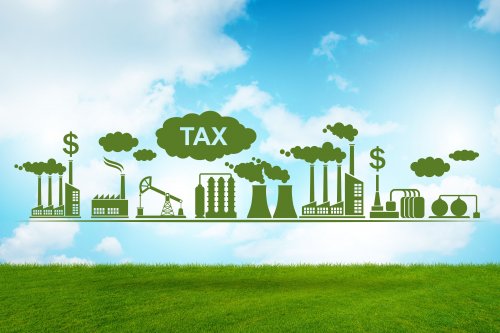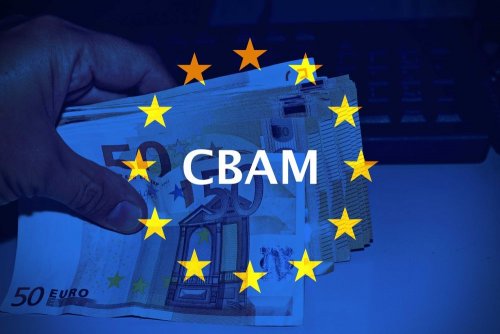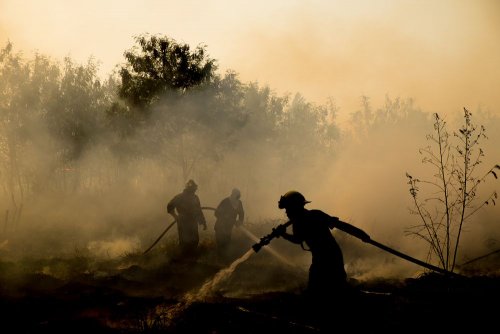The Dutch emissions authority is now accepting applications for CBAM (Carbon Border Adjustment Mechanism) declarant status.
This was reported by Khalid Abdullah, a lawyer at KPMG Meijburg & Co, who specializes in indirect taxes, international trade, tax and litigation.
He said that the application consists of three main sections:
1. Information about the company.
This section includes basic information about the company, such as the EORI number (Economic Operators' Registration and Identification), contact details and information on whether the person is applying on their own behalf or as an indirect customs representative.
2. Economic activity and compliance with legal requirements.
This includes information on the types of CBAM goods the company imports, the expected volumes and value (for this and next year), and in which EU countries the company operates as an importer or declarant.
Dutch companies must also submit a certificate of tax compliance from the Dutch tax office, as well as an affidavit stating that neither their company nor key employees have been involved in any serious or repeated violations of customs, tax rules or market abuse in the last 5 years.
3. Financial and operational capacity.
The information a company needs to provide in this section depends on how much CBAM it plans to import annually:
1) small volume (not exceeding 500 tons): no additional documents are required;
2) medium volume (500 to 2000 tons inclusive): no documents are required in advance, but the company may be selected for a random inspection. If this happens, the company will be asked to submit documents:
– annual reports for the last 3 years (if available);
– a description of how the company manages CBAM declarations and the acquisition of CBAM certificates.
3) large volume (over 2000 tons): must be uploaded:
– annual reports for the last 3 years (if available);
– documentation showing how the CBAM processes are organized in the company (who processes declarations, how certificates are purchased, etc.)
If a company has a valid AEO permit, it is usually exempt from submitting documents on financial solvency.
Recently, EcoPolitic analyzed whether Ukraine is actually making progress in preparing for the full implementation of CBAM. Read what we found out in our article.





